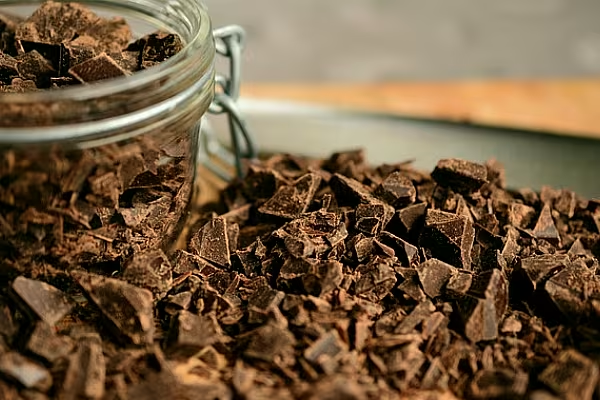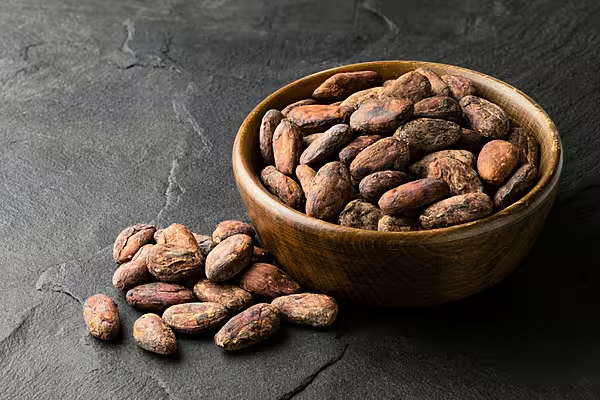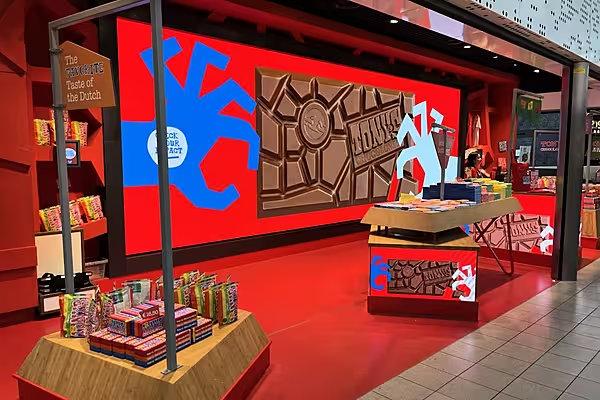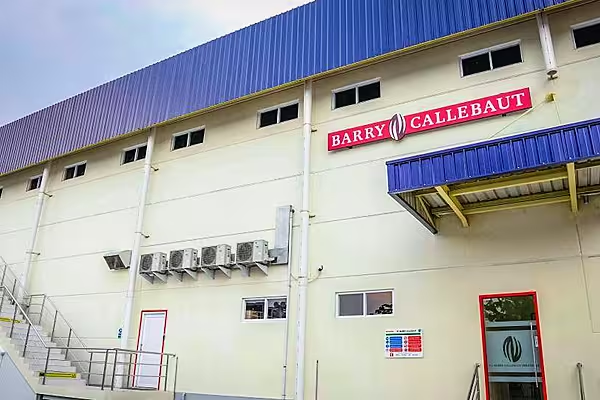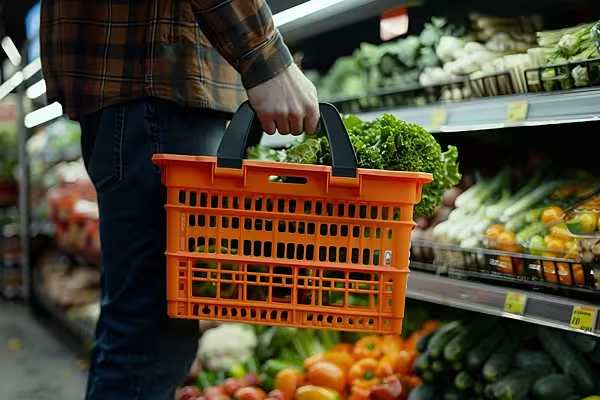Ivory Coast and Ghana asked cocoa and chocolate companies last week to pay more in premiums to support farmers' wages, the head of Ivory Coast's industry regulator told Reuters.
However, Yves Kone, the head of Ivory Coast's Coffee and Cocoa Council (CCC), acknowledged that the countries have limited leverage to force the hands of companies suffering from a fall in global demand due to the COVID-19 pandemic.
Ivory Coast and Ghana, which together produce about two-thirds of the world's cocoa, introduced a $400 per tonne premium this season termed the living income differential (LID) to increase wages for farmers, many of whom live in poverty.
But Ivory Coast was forced to repeatedly slash a separate quality premium that exporters pay, known as the country differential, in response to weak sales.
Premium Payments
In February, the CCC turned the premium into a more than $350-per-tonne discount, mostly cancelling out the LID. Ghana has also lowered its country differential.
"Because they cannot attack the LID, they prefer to attack the country differential, which amounts to exactly the same thing," Kone said in an interview. "We asked them to stand down."
Kone said he expected talks to resume in the coming weeks, adding that a country differential of around $140 dollars would allow Ivorian authorities to pay farmers a good price during the upcoming 2021/22 season.
Export contracts are currently selling with a discount on the country differential of more than $140.
Alexander Ferguson, a vice president of the World Cocoa Foundation (WCF), an industry body, said companies wanted to ensure that farmers receive more income.
'Premium Payments'
"This is why companies are providing premium payments for certified and/or verified sustainable cocoa, and supporting the living income differential," he told Reuters.
Kone said Ivory Coast was aiming to hold down annual cocoa production to 2 million tonnes by gradually removing cocoa farms from protected forests. The country produced 2.15 million tonnes during the 2019/2020 season.
The CCC also aims to become a direct exporter of beans and semi-finished cocoa products in the next two years in order to reduce the influence of multinational companies in the sector, Kone said.
News by Reuters, edited by ESM. For more Supply Chain stores, click here. Click subscribe to sign up to ESM: European Supermarket Magazine.
